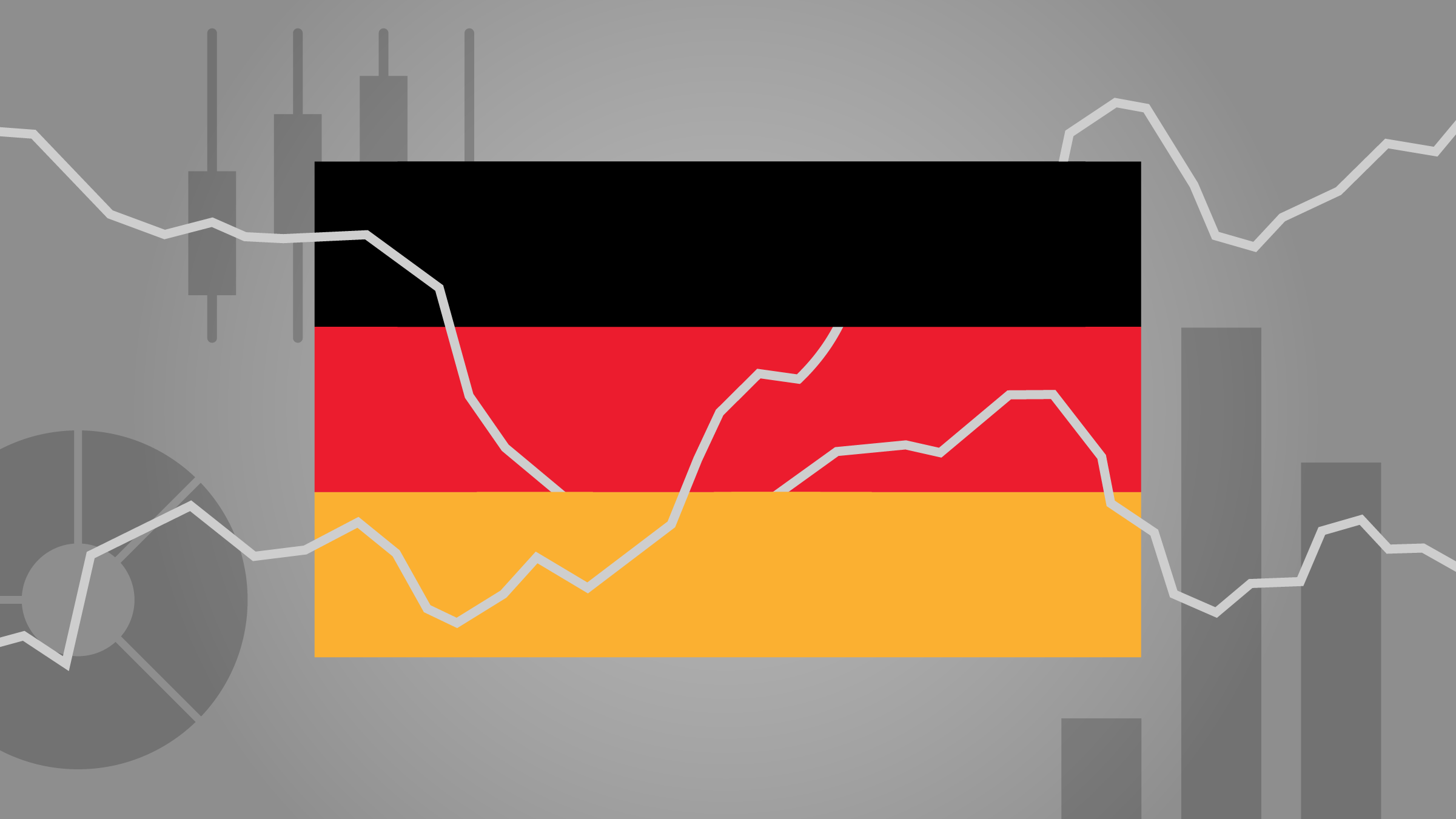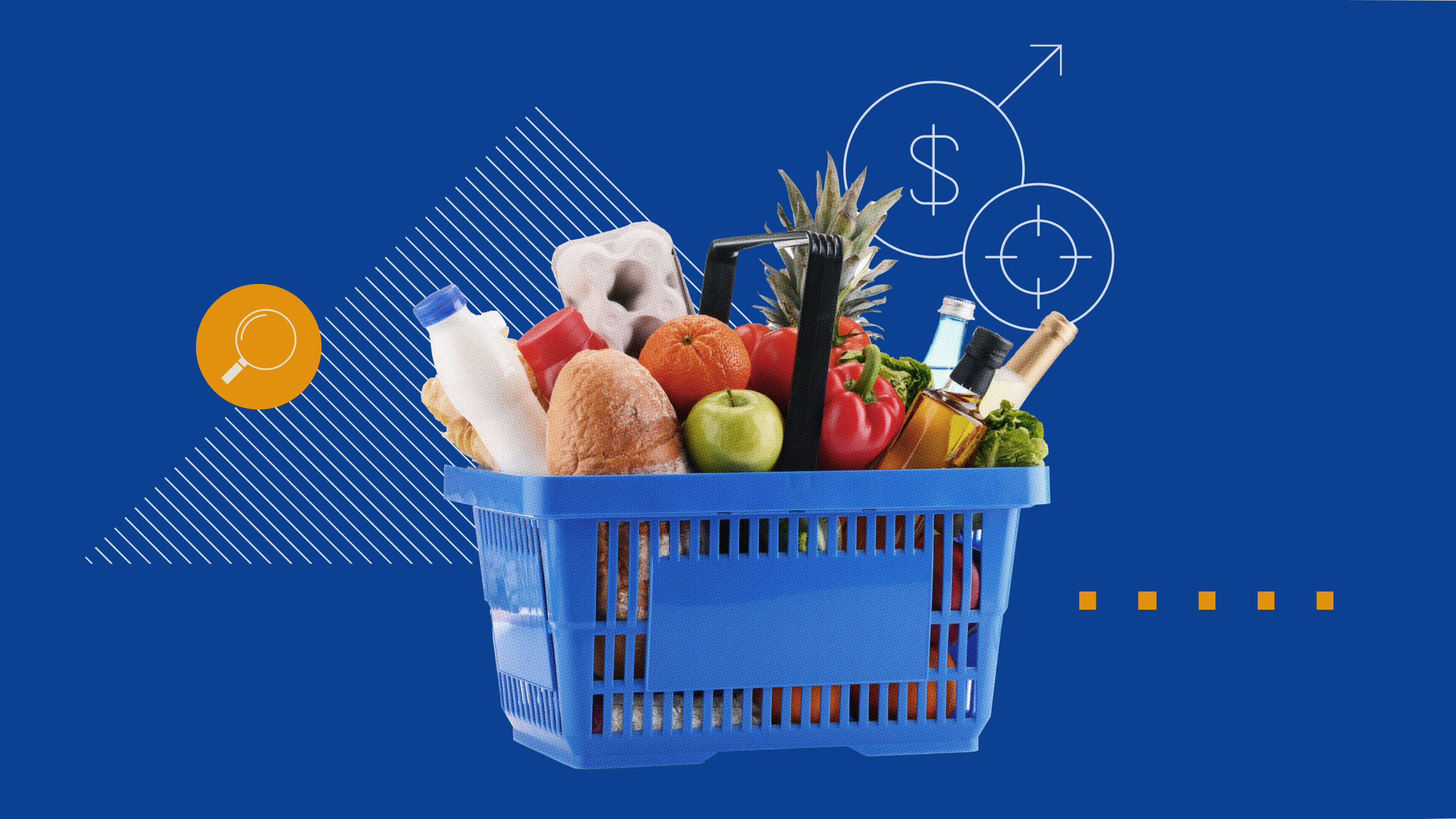Ruth Saldanha: International investments have seemed a bit tricky since the start of this year with the war in Europe on the one hand and rising cases of COVID-19 in regions like Hong Kong on the other. So, how should you play non-U.S. international markets right now? Virginia Au is the Head of Global Equity at Leith Wheeler Investment Counsel and heads up the team that manages a concentrated global equity strategy for private clients. She is here today to discuss her thoughts on international market. Virginia, thank you so much for being here today.
Virginia Au: Thank you. It's great to be here.
Saldanha: There's so much going on in international markets right now. What are some of the risks that Canadian investors should keep an eye on?
Au: Yeah, there's definitely a lot going on in the headline these days, and a lot of them basically lead to interest rate changes. And we came through a decade of very low interest rate, and right now, we're at an inflection point seeing interest rate increase. But the biggest question is the pace of that interest rate increase, and that's very hard to predict. When you look back four weeks ago, a lot of investors would be thinking about, worrying about interest rate increasing too fast and stifling economic growth. And then, fast forward to today, we have worries about the conflict in Ukraine and Russia. And then, so a lot of people think that the interest rate increase will be paused or in the longer term – end of this year. And so, it is definitely – there is a lot of uncertainty going on. And you know what, the truth is that I don't even think the Federal Reserve can tell you specifically what's going to happen 12 months from now because the data keeps changing, the environment are moving so fast.
So, from our perspective, our approach is not to make any of these macro calls and to really have a balanced portfolio, so that we don't get whipsawed by changing interest rate. Sure, we have companies that will do very well in an interest rate increasing environment like banks and insurance companies. But we also have companies that are more agnostic to interest rate movement because they have very low debt on their balance sheet, and they can self-fund any of the growth they want to do. So, that's important. And lastly, we're also very sensible on the valuation. We don't own any unprofitable companies. Their value tends to be very sensitive to interest rate changes because the riskiness of them changes with the opportunity cost of borrowing costs. So, we don't own any of them. And this is how we construct our portfolio to be more balanced and to withstand different changes.
Saldanha: Are there any regions, especially with everything that's going on right now, are there any regions that you're scaling back on or perhaps pulling out of altogether?
Au: Yeah, we don't think about it more regional because our portfolio is a go anywhere best idea portfolio. But what we do tend to stay away from are non-differentiated companies. We often call those companies toaster-like businesses. And the thing is, 10 years ago, I bought a toaster, it was $15. Last year, I bought a toaster, it's still $15. And I'm sure with a lot of people like me cannot name the brand of their toaster. So, these are companies that have no brand power and no pricing power, and that's really important in this inflationary environment. So, what we look for is a company with sustainable competitive advantage, and they can come in many different forms.
So, for example, having a unique product will give you pricing power. We own Nintendo, and there's only one Mario and Luigi. So, we like that. We own companies that have a very strong patent protection. So, we own AstraZeneca, which is a global pharmaceutical company. They have a very strong portfolio of oncology treatment. And so, with that, it's not only with the patent but also the switching costs, and there's frankly no alternative treatment for some of these indications. So, that's very important. So, what we own is like the exact opposite of toaster businesses.
Saldanha: Well, in a lot of these cases, sometimes prices have run up. So, do you still see some pockets of value where Canadian investors could get in at this point?
Au: We do actually. With the volatility in the last couple of months, we have seen some opportunity, especially in the technology sector. There's a lot of concern. But that's the beauty of having that go anywhere best idea portfolio. Being fundamental investor, we actually love to look for the babies being thrown out in the bathwater, and I think one of the areas we see today that is attractive is the payment area. I think there is still a very strong secular trend of moving to non-cash digital payment and that will continue no matter what the macroeconomics do. And then, in our portfolio we own Global Payments, which I'll talk about in my top three picks, and then also Visa.
Visa is a name that a lot of people know and have in their wallet, and that network is extremely important. The market concern right now is that there is a lot of innovation in payment industry and that they worry that newer payment methods like real-time payment will take market share from Visa. And the truth is that there is no incentive for consumer to change our behavior, because guess what, there is no rewards, no credit card points. And if you were to include credit card points or some types of reward system for usage, then the cost of those payments go up and then you're no more different than the existing Visa network. So, I think some of the concerns are misplaced in the medium and longer term. And in the near term, Visa actually benefits tremendously from cross-border transaction, because they are more profitable. And so, with the return of travel, that will be a great tailwind for them. So, that's a sector that we really like.
Saldanha: Thank you so much for joining us today, Virginia.
Au: Thank you.
Saldanha: For Morningstar, I'm Ruth Saldanha.


















